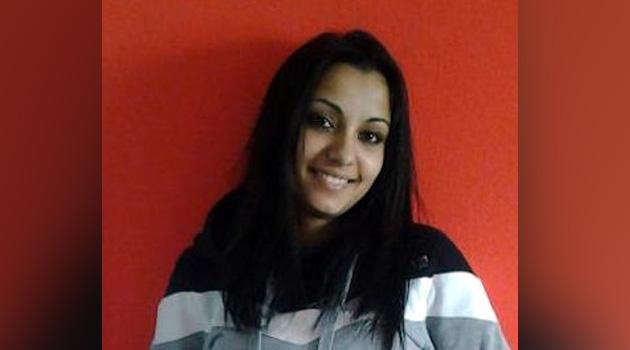Huňaková (Lev 21), Roma candidate to the Czech lower house: Roma want to improve coexistence

An unusually high number of Romani people are running in this year’s early elections compared to years past. The monthly Romano voďi, published by the ROMEA association, has done its best to interview all the candidates running for the lower house and will run those interviews in addition to publishing analytical material about the elections.
News server Romea.cz will be gradually publishing these interviews. We consider these elections to be important, key, and we hope to bring you the opinions of all those asking for your vote.
Today’s interview introduces Gabriela Huňaková, a nurse who is running in 8th place on the Lev 21 – Národní socialisté (Lion 21 – National Socialists) ticket in the Hradec Králové Region.
Q: Why did you choose this party, how much do you identify with its program and how much room does it devote to questions of inter-ethnic coexistence, poverty, social housing, etc.?
A: I was very taken with the party’s electoral program and I have been a member for about two months because of it. I don’t want to discuss my identification with the various points of the program you that have asked about – I think the program is a general one and I identify with it overall. This party doesn’t just think about the state as a whole, but also about its citizens, and it is taking the questions of housing, inter-ethnic coexistence, and poverty into account. As far as minorities go, I can quote from the program: “We want to protect and support all minorities.”
Q: Have you been politically involved before this, have you ever been a member of any other political party?
A: My political experience is so far at a “beginner” level, because a few months ago I just completed my Bachelor’s degree at Slezská Univerzita in Opava in the field of public administration and regional policy.
Q: Why do you think so many Romani people are running for the lower house this year, do you believe they are prepared for the reality of how hard politics is?
A: Probably because their position in today’s society is at a very bad level and they want to get involved in improving this situation because it hasn’t changed much and Romani people don’t have it easy here at all. We probably all believe that once we have an overview of how things run in our politics, we will figure out what to do so we can have better lives here. Also, if the Romani population sees a Romani candidate for this or that party, it is very likely they will trust that party more than the parties without Romani members, and this will be an impulse for Romani voters to go to the polls, because I believe that up until now very few Romani people have actually voted. It is hard to say whether all of the candidates are aware of what awaits them in politics, but in my opinion they probably wouldn’t be running if they didn’t know anything about politics at all.
Q: If elected, should the Romani candidates collaborate with one another to solve problems even though they are from different parties? How, specifically?
A: It would be interesting if Romani representatives of the various parties communicated with one another, but the question is whether that might harm the parties they belong to. I’m not sure about this yet.
These interviews will be published in the print edition of Romano voďi magazine, the October edition of which will feature edited versions of all of these interviews (in Czech only). You can order a copy of the October edition at romea@romea.cz.